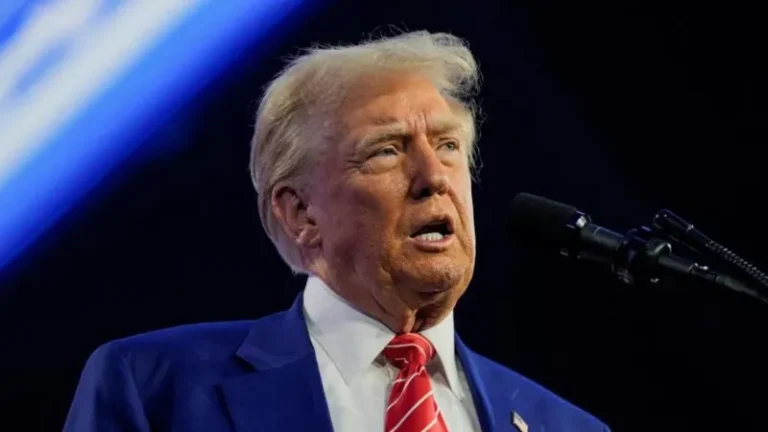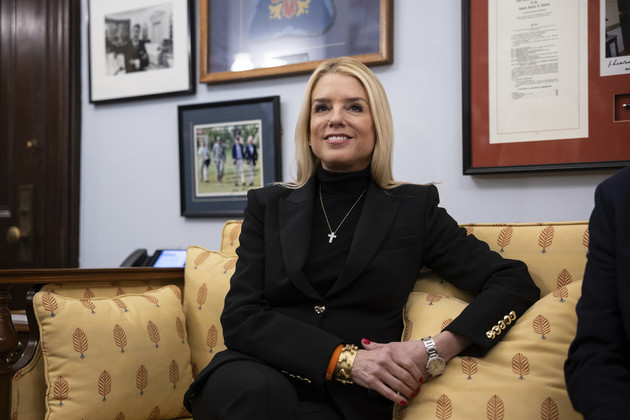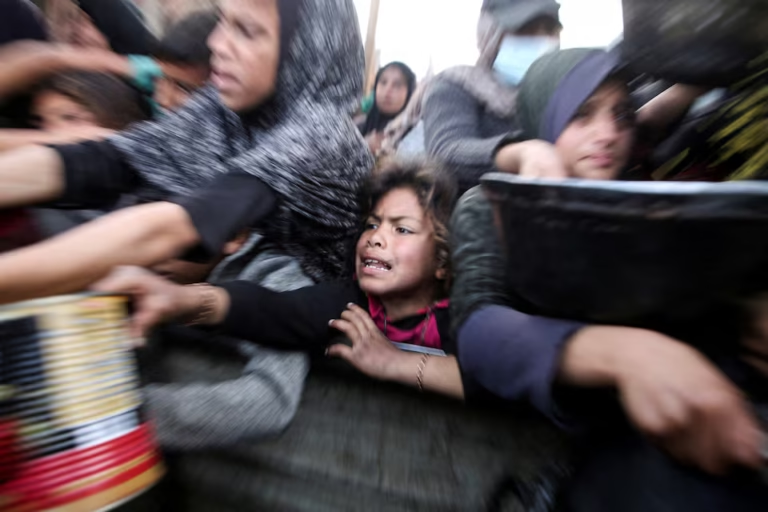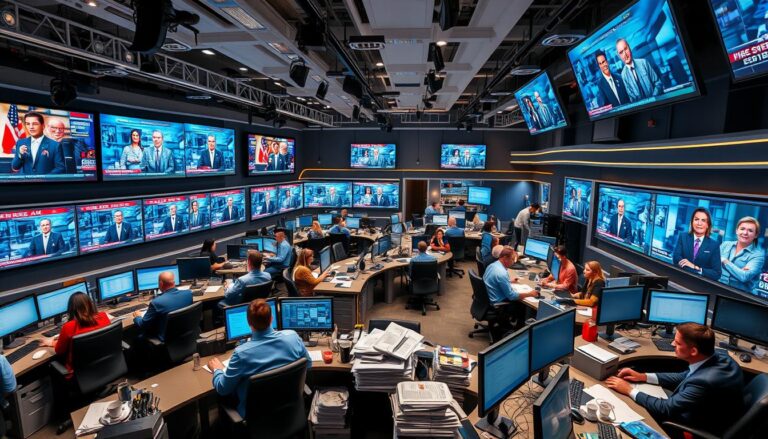Trump pardoned violent Jan. 6 rioters
Trump Pardons Hundreds of January 6 Rioters, Including Those Convicted of Violent Assaults
In a controversial move on Monday, former President Donald Trump issued sweeping pardons to hundreds of individuals involved in the January 6, 2021, Capitol riot, including those charged with violent assaults against law enforcement officers. The decision has sparked significant backlash, even from some of Trump’s own allies who have previously condemned acts of violence committed during the attack.
Over 600 individuals were charged with assaulting, resisting, or impeding law enforcement during the insurrection. Of these, nearly 200 were accused of using deadly or dangerous weapons against officers. The attack, which disrupted Congress as lawmakers worked to certify the 2020 presidential election results, resulted in the evacuation of legislators and left over 140 police officers injured. Some officers later succumbed to their injuries or related health conditions.
The pardons include those convicted of some of the most egregious offenses committed during the riot. This decision contradicts remarks from Trump allies like Vice President Vance, who earlier this month stated that those involved in violence “obviously” should not receive pardons, though he later softened his stance to acknowledge concern for “people unjustly locked up.” Similarly, Trump’s nominee for attorney general, Pam Bondi, pledged to review such cases individually but had condemned violence against law enforcement during her confirmation hearing.
Despite these assurances, Trump’s pardons broadly encompassed individuals responsible for violent acts against police officers, raising concerns about accountability and justice.
Profiles of Pardoned Individuals
The pardons extended to several high-profile rioters whose violent actions had drawn national attention.
David Dempsey
David Dempsey, with a history of political violence, received one of the harshest sentences tied to the Capitol riot. Federal prosecutors described his actions as a “prolonged attack” on police, where he used flagpoles, pepper spray, and broken furniture to assault officers. Dempsey climbed over other rioters to reach the front lines and engaged in a brutal confrontation with law enforcement.
Previously convicted for spraying bear repellent on anti-Trump protesters in 2019, Dempsey’s behavior at the Capitol was deemed “exceptionally egregious” by U.S. District Judge Royce Lamberth, who sentenced him to 20 years in prison.
Julian Khater
Julian Khater pleaded guilty to assaulting officers with a dangerous weapon. Armed with pepper spray, he targeted officers attempting to secure the Capitol. One of his victims, Officer Brian Sicknick, suffered two strokes and died the day after the riot.
Khater also sprayed Officer Caroline Edwards, who testified before the House January 6 Committee. Edwards recounted enduring hours of “hand-to-hand combat” and described the scene as chaotic and violent. Khater’s actions contributed to the severe injuries sustained by officers defending the Capitol that day.
Shane Jenkins
Shane Jenkins used a metal tomahawk to shatter a Capitol window, creating an entry point for rioters to breach the building. Once inside, Jenkins dismantled furniture to create makeshift weapons and threw objects, including a flagpole and a sharpened wooden pole, at law enforcement. His actions led to a seven-year prison sentence.
Christopher Worrell
Christopher Worrell, a member of the Proud Boys, was convicted of assaulting police with a deadly weapon and other felonies. He sprayed officers with pepper spray and shouted threats during the riot.
Worrell later evaded sentencing by removing his ankle monitor and fleeing, sparking a six-week manhunt. When authorities apprehended him, they found camping gear, night-vision goggles, and cash at his residence. Worrell admitted to faking a drug overdose as a stalling tactic. He was sentenced to 10 years in prison.
Thomas Webster
Thomas Webster, a retired New York police officer, was sentenced to 10 years for assaulting a Metropolitan Police Department officer. Webster swung a metal flagpole at Officer Noah Rathbun and tackled him, attempting to remove his gas mask. This action left Rathbun choking as other rioters joined in the attack.
Prosecutors condemned Webster for betraying the principles he once served, noting that his conduct “disgraced a democracy that he once fought honorably to protect.”
Reactions to the Pardons
Trump’s decision to pardon these individuals has drawn widespread criticism from lawmakers, legal experts, and law enforcement organizations. Critics argue that the pardons undermine the rule of law and send a dangerous message about accountability for violence against law enforcement.
While some of Trump’s allies have softened their stances on January 6 defendants, the broad nature of the pardons has left many questioning the consistency of their condemnation of violence. The pardons also highlight a sharp contrast with Trump’s previous messaging, which at times emphasized support for police officers.
As the fallout from this decision unfolds, the pardons may reignite debates about the long-term implications of January 6 on American democracy and the standards for justice and accountability.





